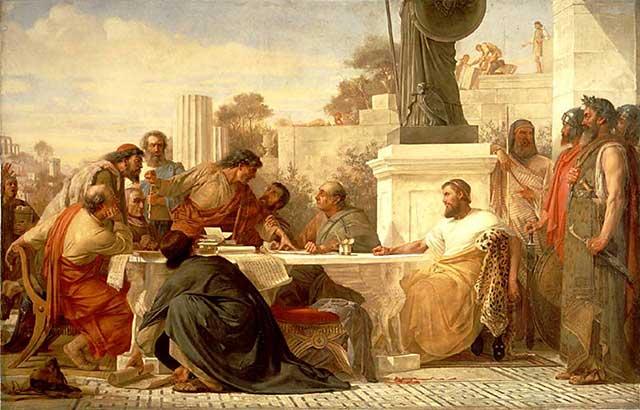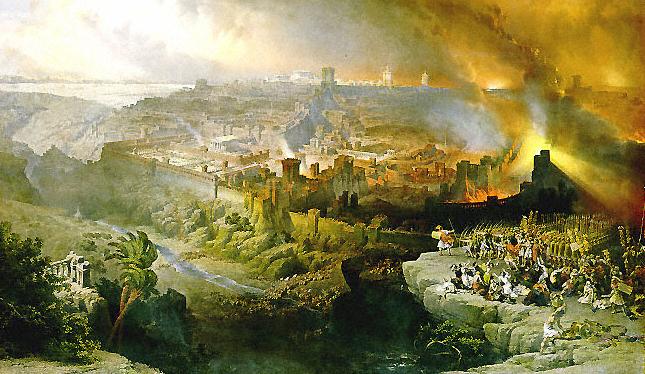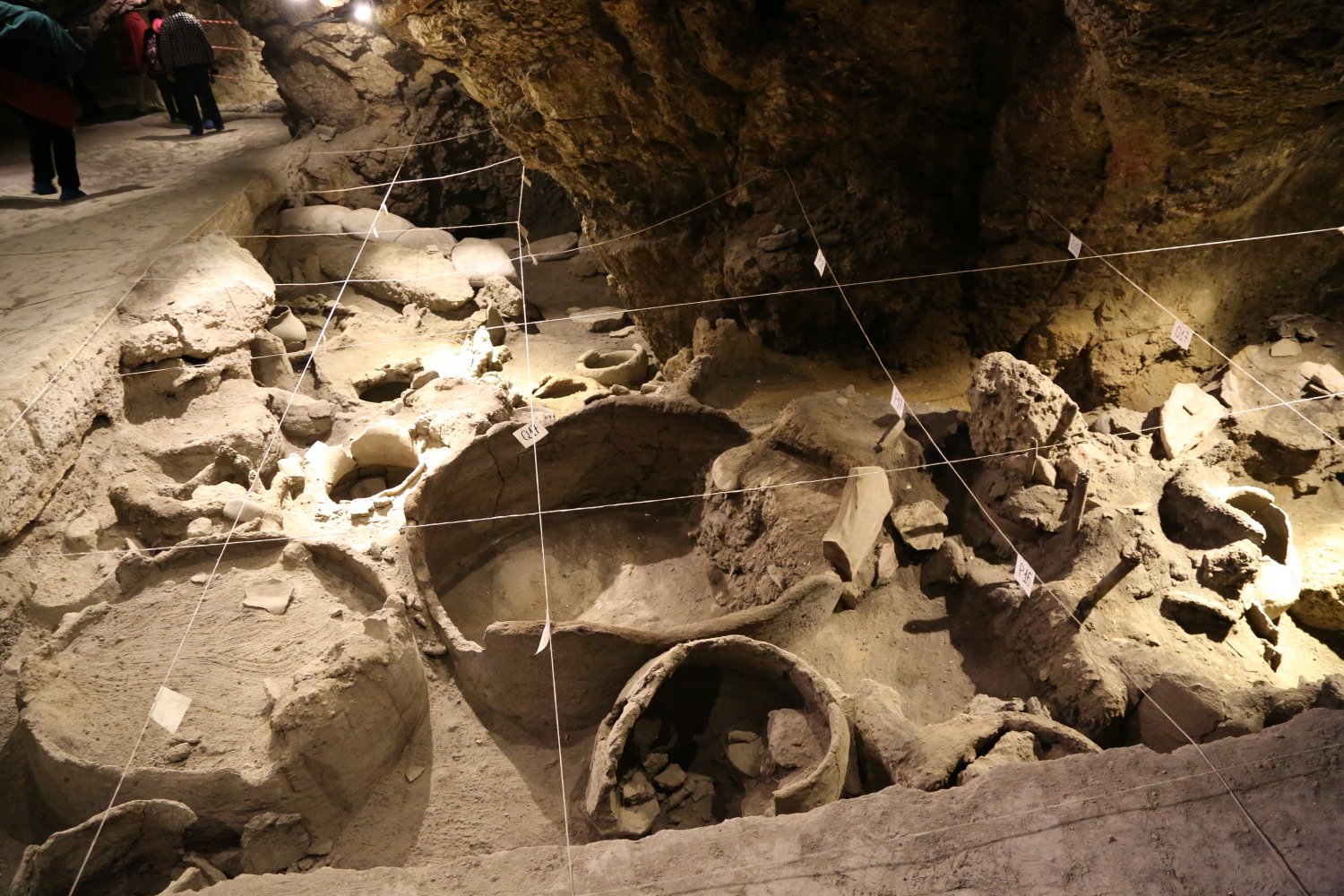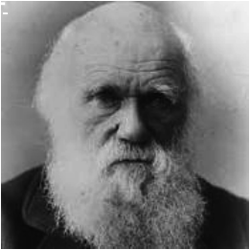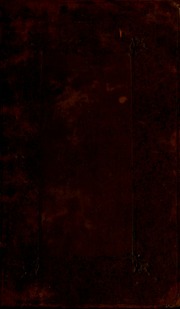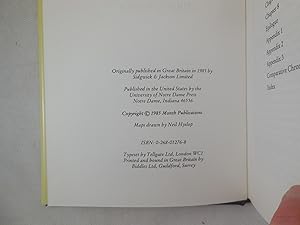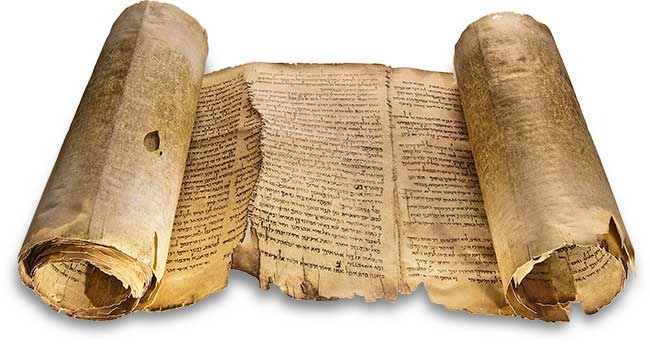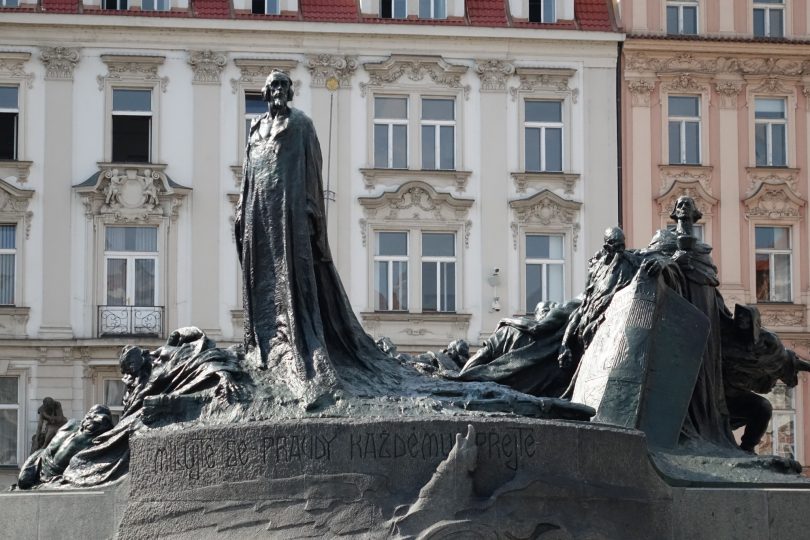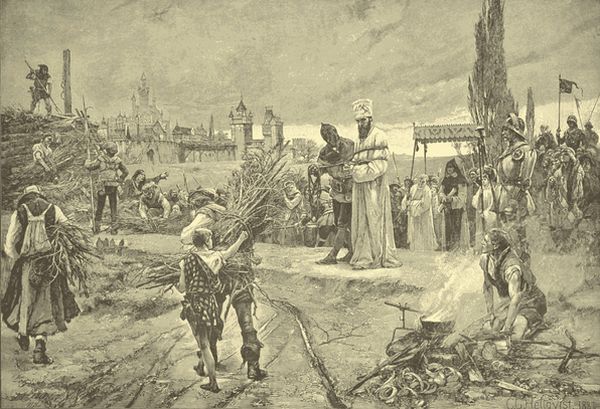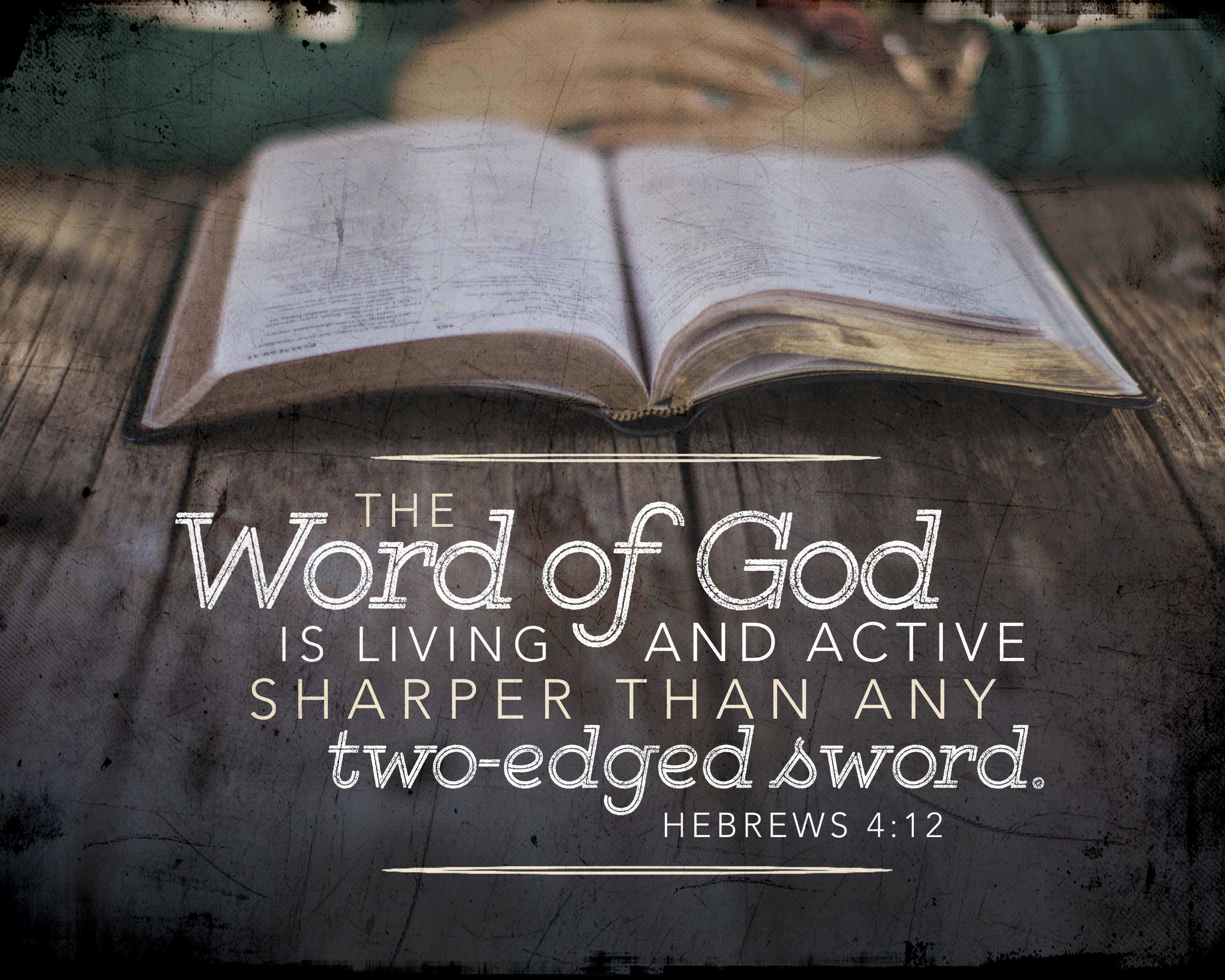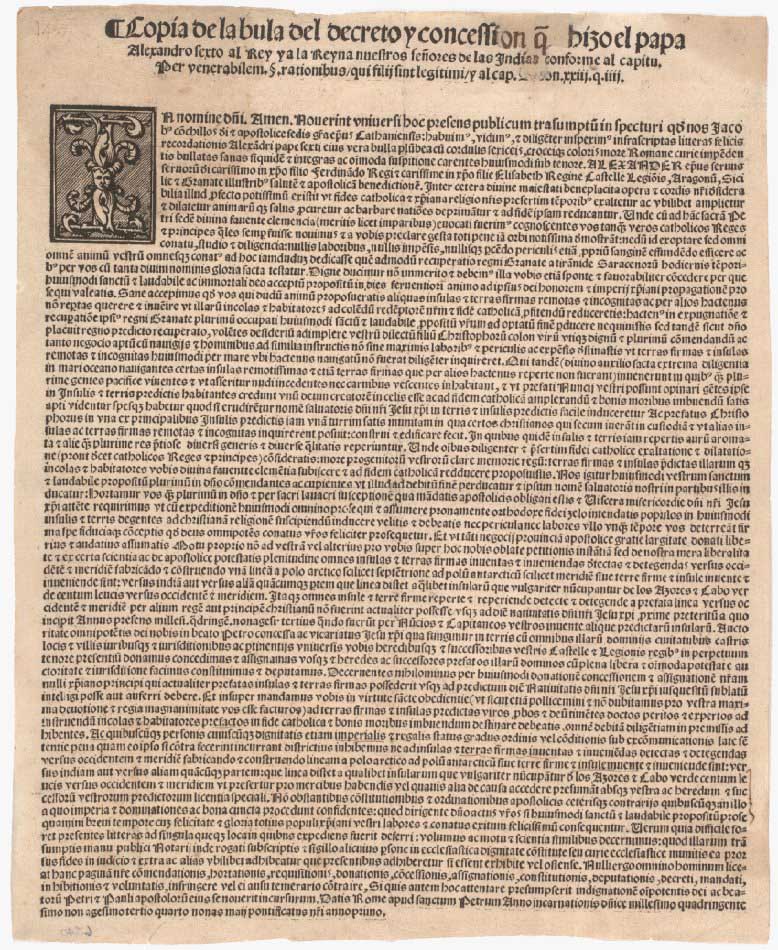This week in July , history to be remember ...
Jan Hus finds Jesus Christ and is persecuted to death for the truth
Johannes Huss, born in 1369 was a Czech theologian, philosopher, master , dean , and rector of the Charles University in Prague who became a church reformer, an inspirer of Hussitism a key predecessor to Protestantism and a seminal figure in the Bohemian Reformation .
Hus is considered by some as the first church reformer , but there have been many , that stood for the truth before him , men such as John Wycliffie and among others , as he lived before Luther , Calvin , and Zwingli . His teachings had a strong influence on the states of Western Europe, most immediately in the approval of a reformed Bohemian religious denomination , and , more than a century later, on Martin Luther himself. He was burned at the stake for heresy against the doctrines of the Catholic Church , including those on ecclesiology , the Eucharist , and other theological topics.
But was this the true reason to put a man at the stake , or were the religious sect that control the kings in Huss day were Anti-Christ
Crusade against Naples
In 1411, John XXIII proclaimed a crusade against King Ladislaus of Naples , the protector of rival Pope Gregory XII . This crusade was preached in Prague as well. John XXIII also authorized indulgence to raise money for the war. Priests urged the people on and these crowded into churches to give their offerings. This traffic in indulgences was to some a sign of the corruption of the church needing remediation.
Condemnation of indulgences and Crusade
Hus spoke out against indulgences, but he could not carry with him the men of the university. In 1412, a dispute took place, on which occasion Hus delivered his address
Quaestio magistri Johannis Hus de indulgentiis. It was taken literally from the last chapter of Wycliffe's book,
De ecclesia, and his treatise,
De absolutione a pena et culpa.
Hus asserted that no Pope or bishop had the right to take up the sword in the name of the Church; he should pray for his enemies and bless those that curse him; man obtains forgiveness of sins by true repentance, not money. The doctors of the theological faculty replied , but without success. A few days afterward, some of Hus's followers, led by Vok Voksa z Valdštejna, burnt the Papal Bulls . Hus, they said, should be obeyed rather than the Church, which they considered a fraudulent mob of adulterers and Simonists .
In response, three men from the lower classes who openly called the indulgences a fraud were beheaded. They were later considered the first martyrs of the Hussite Church. In the meantime, the faculty had condemned the forty-five articles and added several other theses, deemed heretical, which had originated with Hus. The king forbade the teaching of these articles, but neither Hus nor the university complied with the ruling, requesting that the articles should be first proven to be un-scriptural. The tumults at Prague had stirred up a sensation; papal legates and Archbishop Albik tried to persuade Hus to give up his opposition to the papal bulls, and the king made an unsuccessful attempt to reconcile the two parties
Hus leaves Prague and appeals to Jesus Christ
By this time, Hus's ideas had become widely accepted in Bohemia, and there was broad resentment against the Church hierarchy. The attack on Hus by the Pope and Archbishop caused riots in parts of Bohemia. King Wenceslaus IV and his government took the side of Hus, and the power of his adherents increased from day to day. Hus continued to preach in the Bethlehem Chapel . The churches of the city were put under the ban, and the interdict was pronounced against Prague . To protect the city , Hus left and went into the countryside, where he continued to preach and write.
Before Hus left Prague, he decided to take a step which gave a new dimension to his endeavors. He no longer put his trust in an indecisive King, a hostile Pope or an ineffective Council. On October 18, 1412, he appealed to Jesus Christ as the supreme judge. By appealing directly to the highest Christian authority, Christ himself, he bypassed the laws and structures of the medieval Church. For the Bohemian Reformation , this step was as significant as the 95 theses posted in Wittenberg by Martin Luther in 1517.
After Hus left Prague for the country, he realized what a gulf there was between university education and theological speculation on one hand, and the life of uneducated country priests and the laymen entrusted to their care on the other.Therefore, he started to write many texts in Czech, such as basics of the Christian faith or preachings, intended mainly for the priests whose knowledge of Latin was poor .
Emperor Sigismund
King Wenceslaus's brother Sigismund of Hungary , who was " King of the Romans" (that is, head of the Holy Roman Empire, though not then Emperor), and heir to the Bohemian crown, was anxious to put an end to religious dissension within the Church. To put an end to the papal schism and to take up the long desired reform of the Church, he arranged for a general council to convene on 1 November 1414, at Konstanz (Constance). The Council of Constance (1414–1418) became the 16th ecumenical council recognized by the Catholic Church. Hus, willing to make an end of all dissensions, agreed to go to Constance, under Sigismund's promise of safe conduct .
Hus Imprisonment and preparations for trial
It is not known whether Hus knew what his fate would be, but he made his will before setting out. He started on his journey on 11 October 1414; on 3 November 1414, he arrived at Constance, and on the following day, the bulletins on the church doors announced that Michal z Německého Brodu would be opposing Hus. In the beginning, Hus was at liberty, under his safe-conduct from Sigismund, and lived at the house of a widow. But he continued celebrating Mass and preaching to the people, in violation of restrictions decreed by the Church. After a few weeks on 28 November 1414, his opponents succeeded in imprisoning him, on the strength of a rumor that he intended to flee. He was first brought into the residence of a canon and then, on 6 December 1414, into the prison of the Dominican monastery. Sigismund, as the guarantor of Hus's safety, was greatly angered and threatened the prelates with dismissal; however, the prelates convinced him that he could not be bound by promises to a heretic.
On 4 December 1414, John XXIII entrusted a committee of three bishops with a preliminary investigation against Hus. As was common practice, witnesses for the prosecution were heard, but Hus was not allowed an advocate for his defense. His situation became worse after the downfall of John XXIII, who had left Constance to avoid abdicating. Hus had been the captive of John XXIII and in constant communication with his friends, but now he was delivered to the bishop of Constance and brought to his castle,
Gottlieben on the Rhine. Here he remained for 73 days, separated from his friends, chained day and night, poorly fed, and ill.
Condemnation
The condemnation took place on 6 July 1415, in the presence of the assembly of the Council in the Cathedral. After the High Mass and Liturgy, Hus was led into the church. The Bishop of Lodi (then Giacomo Balardi Arrigoni ) delivered an oration on the duty of eradicating heresy; then some theses of Hus and Wycliffe and a report of his trial were read.
Refusals to recant
An Italian prelate pronounced the sentence of condemnation upon Hus and his writings. Hus protested, saying that even at this hour he did not wish anything, but to be convinced from Scripture. He fell upon his knees and asked God with a soft voice to forgive all his enemies. Then followed his degradation — he was dressed in priestly vestments and again asked to recant; again he refused. With curses, Hus's ornaments were taken from him, his priestly tonsure was destroyed, and the sentence of the Church was pronounced, stripping him of all rights, and he was delivered to secular authorities. Then a tall paper hat was put upon his head, with the inscription " Haeresiarcha" (i.e., the leader of a heretical movement). Hus was led away to the stake under a strong guard of armed men.
